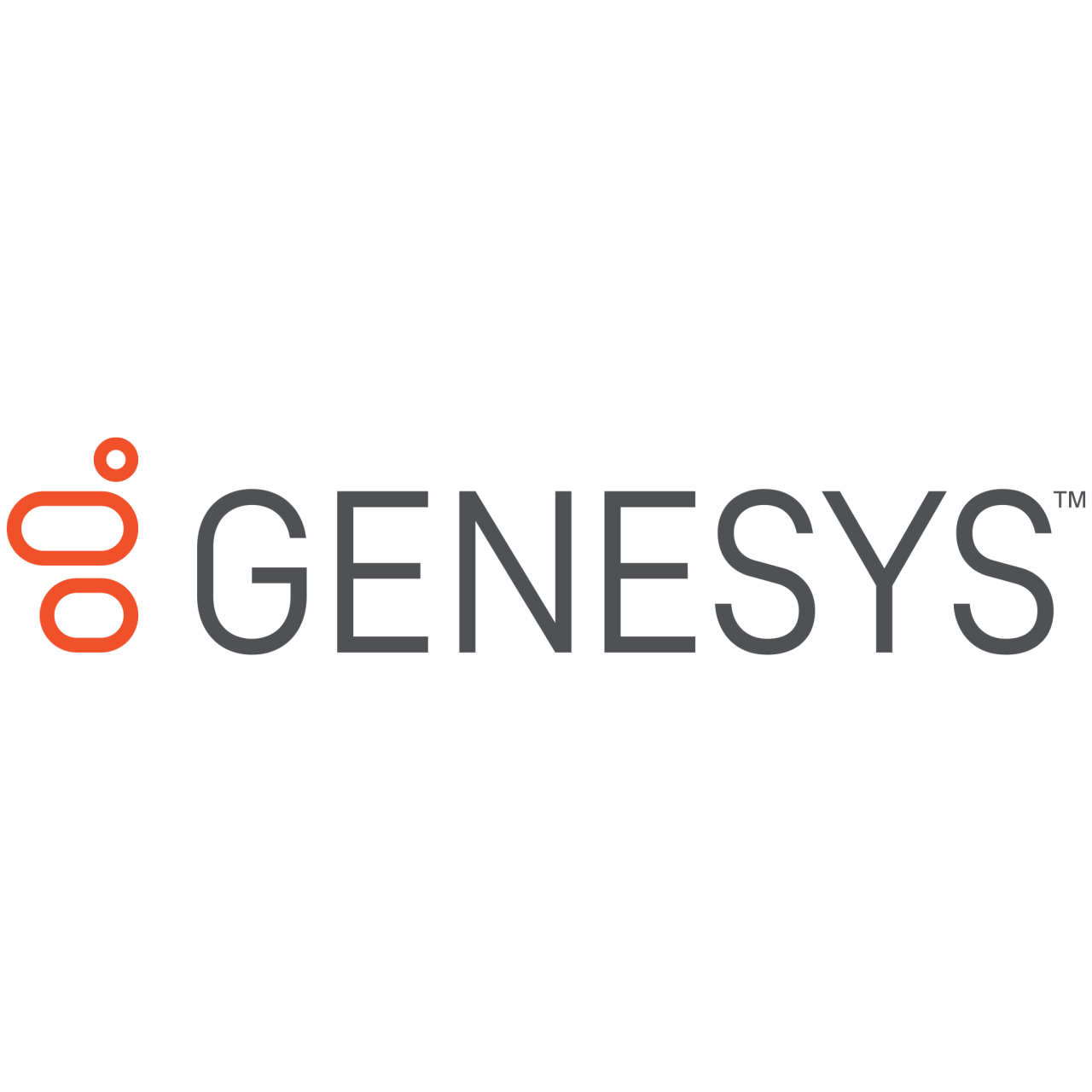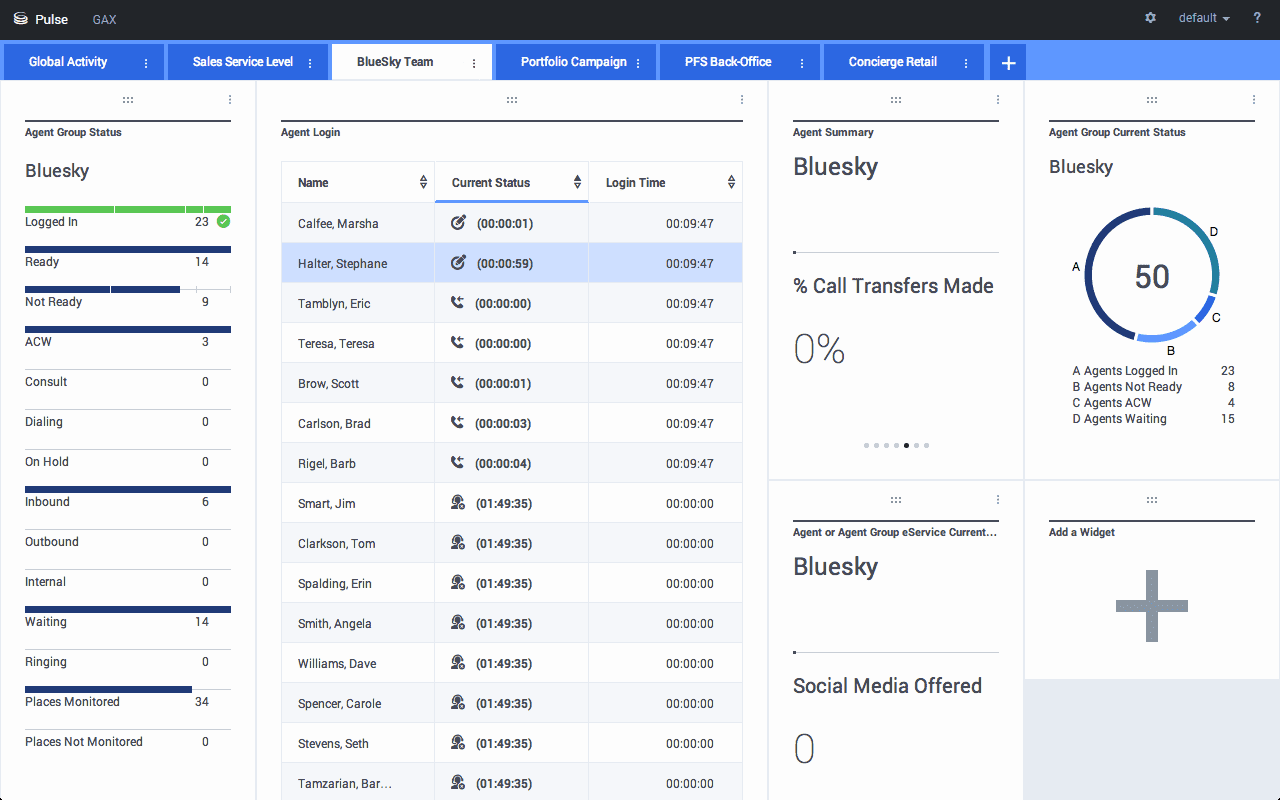Genesys technology is poised to reshape the healthcare landscape. Its innovative applications in machine learning are driving progress in areas like disease diagnosis, personalized medicine, and drug discovery. Imagine a future where AI-powered tools can anticipate and prevent illnesses, tailoring treatments to individual patients, and significantly accelerating medical breakthroughs.
This technology leverages sophisticated algorithms and vast datasets to analyze complex medical information, ultimately enhancing the quality and efficiency of healthcare delivery. From identifying patterns in medical images to predicting patient outcomes, Genesys technology offers exciting possibilities for the future of healthcare.
Hey everyone,Here’s a unique article exploring the fascinating intersection of artificial intelligence and the future of work.

The rise of artificial intelligence (AI) is no longer a futuristic fantasy; it’s a tangible force reshaping industries and, crucially, the way we work. From automating mundane tasks to driving innovation in previously unimaginable ways, AI is rapidly transforming the professional landscape. This article delves into the multifaceted impact of AI on the future of work, examining both the opportunities and the challenges that lie ahead.
Automation and Efficiency: The First Wave of Change
One of the most immediate impacts of AI is automation. Repetitive, data-intensive tasks are increasingly being handled by algorithms, freeing human workers to focus on more complex and creative endeavors. This is particularly evident in sectors like manufacturing, customer service, and data entry. AI-powered chatbots, for instance, can handle routine customer inquiries, allowing human agents to address more nuanced problems.
This automation doesn’t mean job displacement, however. It’s more about a shift in roles, requiring workers to adapt and upskill to collaborate effectively with AI systems. Think of a factory floor where robots perform the heavy lifting, leaving human operators to oversee the process and troubleshoot issues.
Augmenting Human Capabilities: Beyond Automation
Beyond simply automating tasks, AI is augmenting human capabilities in profound ways. AI-powered tools can analyze vast datasets, identify patterns, and provide insights that would be impossible for humans to discern on their own. In fields like medicine, AI algorithms are assisting doctors in diagnosing diseases, analyzing medical images, and personalizing treatment plans. This augmentation extends beyond specific industries, impacting areas like financial analysis, marketing, and scientific research.
Imagine an AI assistant that can sift through mountains of research data, highlighting key findings and potential connections that a human researcher might miss.
The Skills Gap and the Need for Adaptation
This transition to an AI-driven workplace necessitates a shift in the skills required for success. Traditional skills are becoming less crucial, while skills related to AI literacy, data analysis, and critical thinking are becoming paramount. Educational institutions and corporations need to adapt their training programs to equip the workforce with these new skills. This means fostering a culture of continuous learning and providing opportunities for employees to acquire the knowledge and expertise needed to thrive in this evolving environment.
Ethical Considerations: Navigating the Uncharted Territory
The integration of AI into the workplace raises critical ethical questions. Bias in algorithms, data privacy concerns, and the potential for job displacement are all areas that require careful consideration. It’s crucial to develop ethical guidelines and regulations that ensure responsible AI deployment and mitigate potential negative consequences. This includes fostering transparency in AI systems, ensuring fairness and equity in their application, and actively working to address concerns regarding job displacement.
The Future of Work: Collaboration, Not Competition

The future of work isn’t about humans versus machines; it’s about humans and machines collaborating to achieve greater things. AI can automate tedious tasks, freeing up human workers to focus on higher-level cognitive functions, creativity, and complex problem-solving. This collaboration can lead to unprecedented levels of productivity, innovation, and efficiency across various industries. The key is to embrace this change, adapt to the evolving landscape, and leverage AI’s potential to create a more prosperous and fulfilling future for all.
Conclusion: Embracing the Algorithmic Workplace
The integration of AI into the workplace is a complex process, presenting both challenges and opportunities. By understanding the nuances of this transformation, investing in the necessary skills, and addressing ethical considerations proactively, we can navigate this new frontier and shape a future where AI and human ingenuity work hand-in-hand to create a more productive, innovative, and equitable world of work.
FAQ Explained
What are the key ethical considerations surrounding Genesys technology in healthcare?
Ensuring patient privacy and data security, mitigating potential biases in algorithms, and maintaining human oversight are critical ethical considerations. Robust regulatory frameworks and ethical guidelines are essential to ensure responsible development and deployment of this technology.
How does Genesys technology handle large volumes of healthcare data?
Genesys technology employs sophisticated data preprocessing techniques to manage and analyze large healthcare datasets. These techniques include cleaning, transforming, and normalizing data, as well as feature selection and extraction to improve model performance.

What are some common machine learning models used in Genesys technology?
Genesys technology utilizes various machine learning models, including supervised learning models for classification and regression tasks (like Support Vector Machines, Decision Trees, and Neural Networks), and unsupervised learning models for clustering and anomaly detection (such as K-Means and DBSCAN). The choice of model depends on the specific healthcare application.
How can Genesys technology improve patient outcomes?
Genesys technology can improve patient outcomes through more accurate diagnoses, personalized treatment plans, and earlier detection of potential health risks. This can lead to faster interventions, improved treatment efficacy, and ultimately, better health outcomes for patients.











